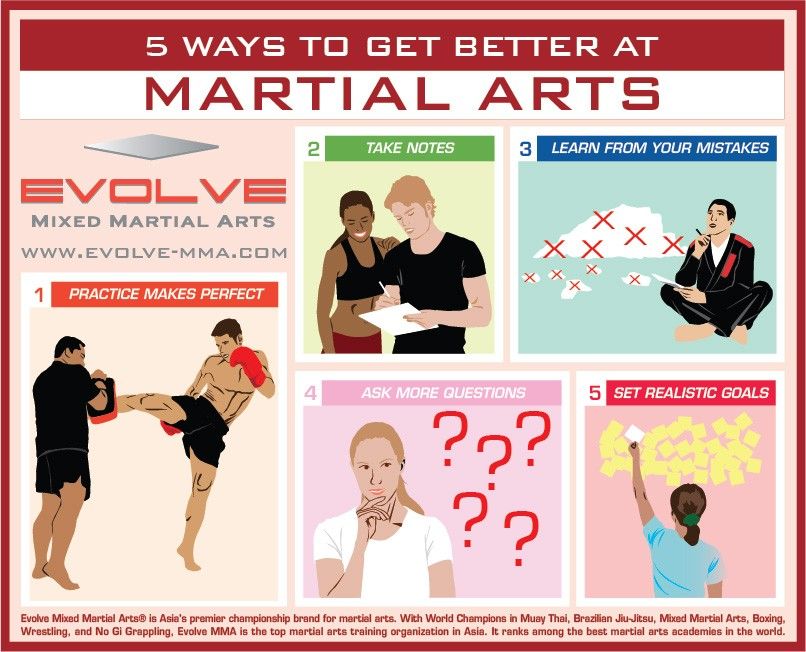Exploring The Rich Heritage And Spiritual Dimension Of Fighting Style: An Extensive Assessment
Exploring The Rich Heritage And Spiritual Dimension Of Fighting Style: An Extensive Assessment
Blog Article
Composed By-Fyhn Francis
Enter the ancient world where martial arts were born out of necessity in diverse areas. Cultures crafted special fighting styles linked with historic contexts. Techniques evolved over centuries through committed technique and social exchanges. Today, contemporary martial arts mix traditional aspects for optimal effectiveness. Philosophically, martial arts stress discipline, self-improvement, and harmony. Respect, humility, and equilibrium are fundamental principles assisting professionals towards growth and durability. Discover the midsts of this abundant background and viewpoint to uncover the profound impacts forming this long-lasting technique.
Origins of Fighting Style
Martial arts originated in various areas around the world, advancing as functional battle systems to defend against risks. These ancient battling styles were established out of necessity, with each culture crafting strategies matched to their unique atmospheres and challenges. From the grappling arts of Jujutsu in Japan to the striking techniques of Martial art in China, martial arts were deeply intertwined with the historic, social, and social textile of their corresponding societies.
In Japan, the samurai class polished martial arts like Kenjutsu, the art of the sword, which later on progressed into the a lot more promoted kind of Kendo. Meanwhile, in Brazil, Capoeira became a blend of dancing and battle, developed by enslaved Africans as a way to resist injustice. judo near me for adults with it an abundant history and philosophy, mirroring the worths and ideas of the people who practiced them.
As how martial arts changed my kids life explore the beginnings of martial arts, you uncover a tapestry of human resourcefulness, resilience, and the unyielding spirit of warriors throughout time.
Evolution of Strategies
With centuries of technique and refinement, combat strategies within different martial arts have undertaken a profound advancement. From https://www.wbiw.com/2020/02/13/don-clift-inducted-into-martial-arts-hall-of-honors/ like Kung Fu and Martial arts to more contemporary self-controls such as Brazilian Jiu-Jitsu and Krav Maga, the evolution of methods has been driven by a combination of cultural influences, functional applications, and technical developments.
One significant element of this evolution is the cross-pollination of techniques between different martial arts. As an example, methods from conventional Japanese Jiu-Jitsu were incorporated into the production of Judo by Jigoro Kano in the late 19th century. This blending of styles has brought about the advancement of crossbreed martial arts like Mixed Martial Arts (MMA), which incorporate components of striking, grappling, and entry methods.
Moreover, the evolution of techniques has actually been shaped by the boosting emphasis on efficiency and effectiveness in battle. Professionals have actually constantly sought to refine their techniques with extensive training, testing, and competitors, causing the advancement of extremely specialized and effective battling styles. On the whole, the evolution of methods in martial arts shows the dynamic nature of battle and the ongoing pursuit for improvement and development.
Philosophical Structures
Discovering the underlying philosophical principles of martial arts gives insight into their core worths and guiding ideas. At the heart of many martial arts techniques is the concept of self-control itself. By training your body and mind to function as one cohesive unit, you cultivate self-control that prolongs past the dojo or fitness center into daily life. This technique includes regard, humility, and self-constraint, shaping not just your physical abilities yet likewise your personality.
An additional fundamental thoughtful structure in martial arts is the idea of continuous self-improvement. The trip of understanding a fighting style is endless, with experts frequently striving to better themselves, both physically and mentally. This concentrate on development promotes resilience, willpower, and a growth state of mind that can be put on all elements of life.
In addition, martial arts highlight the value of consistency and equilibrium. Methods are designed to make use of a challenger's energy versus them, highlighting the principle of yielding and rerouting pressure instead of fulfilling it head-on. This ideology extends to social connections, advertising relaxed resolutions and good understanding. By welcoming these philosophical structures, martial musicians not just boost their fight skills but additionally cultivate a way of living centered on personal development, respect, and harmony.
Final thought
Finally, the history and approach of martial arts supply an abundant tapestry of custom, discipline, and self-improvement.
Take for example the tale of Bruce Lee, that transformed martial arts by mixing different designs and philosophies to create his own one-of-a-kind form of Jeet Kune Do.
With commitment and innovation, martial musicians continue to press borders and influence others to reach their full possibility both in combat and in life.
